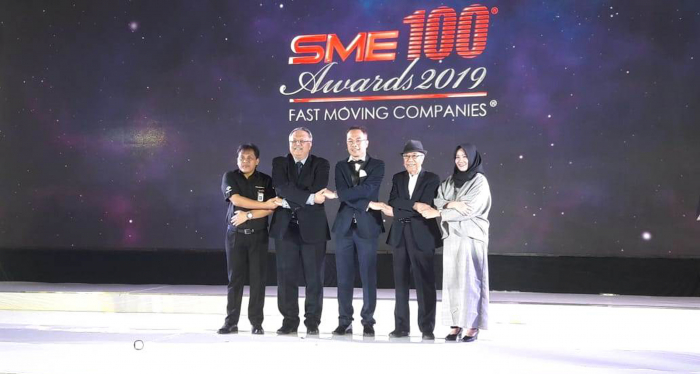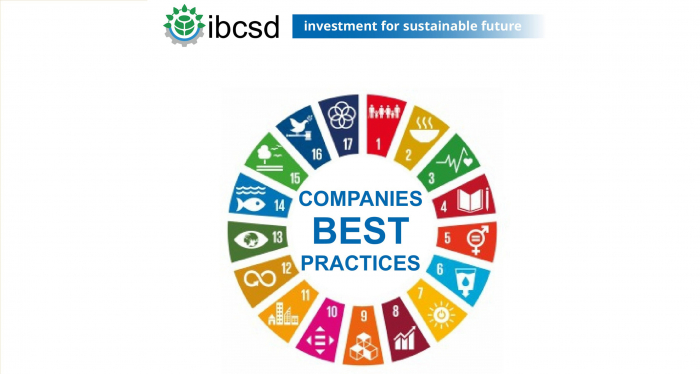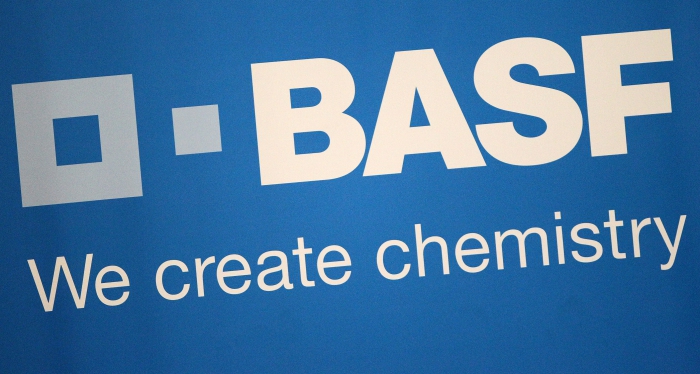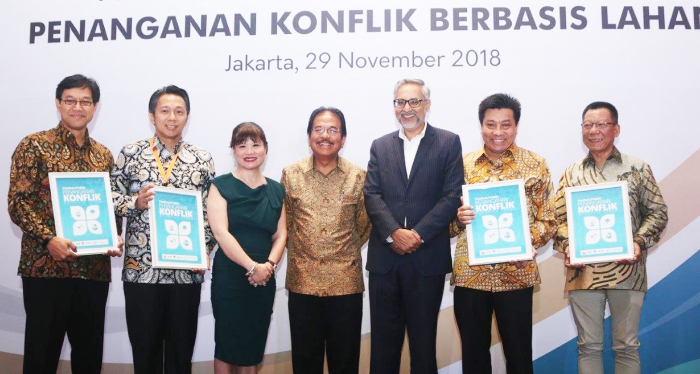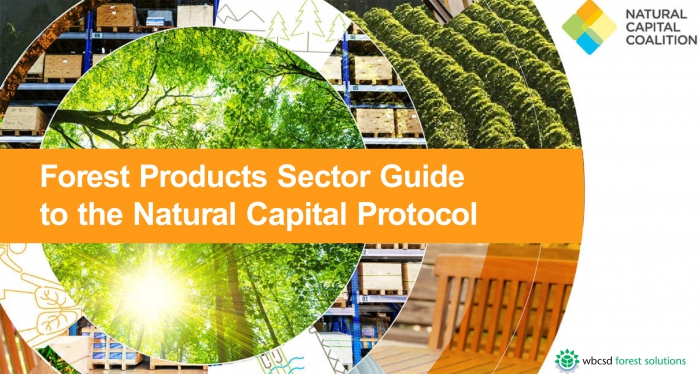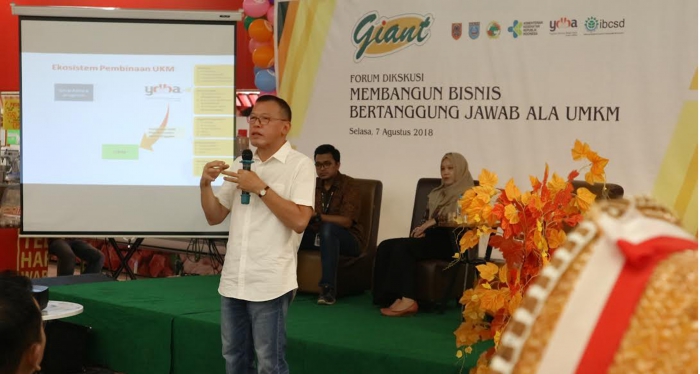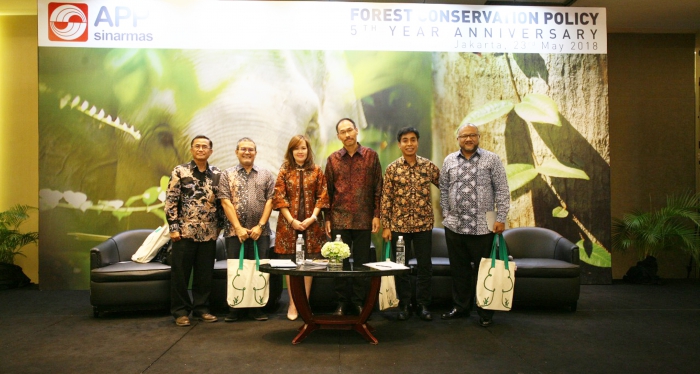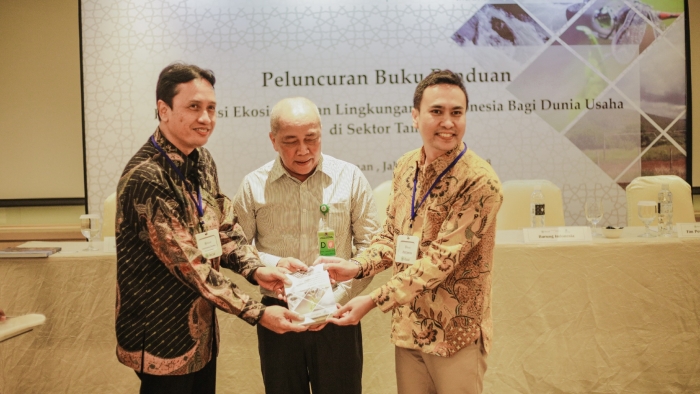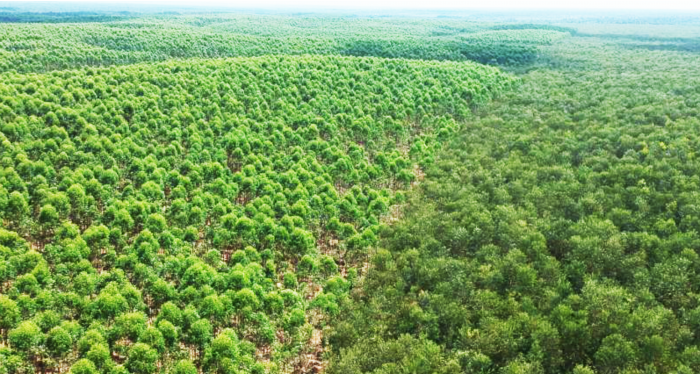
APRIL Ranks in ‘Higher Transparency’ Category in SPOTT 2019 Assessment
SPOTT aims to facilitate corporate engagement and increase industry transparency. ZSL has developed the SPOTT indicators in collaboration with technical advisors, reflecting and adopting the frameworks of related initiatives, including the Forest Stewardship Council, Carbon Disclosure Project, Accountability Framework Initiative, Global Reporting Initiative, the United Nations Global Compact and the UN Sustainable Development Goals.
According to ZSL, just 20 of the 97 companies that were assessed have committed to zero-deforestation. APRIL’s commitment to ‘eliminating deforestation from our supply chain and to protecting the forest and peatland landscapes in which we operate’ is enshrined in the company’s Sustainable Forest Management Policy (SFMP) 2.0.
APRIL scored above 70% in four indicator categories, namely: landbank, mills and traceability (78.9%); water, chemical and waste management (70.8%); community, land and labour rights (77.3%); and governance and grievances (75%).
Lucita Jasmin, Director of Sustainability and External Affairs, said: “Third party assessments such as SPOTT play an essential role in driving standards of transparency across the industry. The results of this assessment help identify not only areas where we can improve our disclosures but also areas where we can strengthen our policy against SPOTT and the related frameworks. It demonstrates how constructive engagement with civil society groups such as ZSL can help drive continuous improvement in APRIL.”
Other highlights from the 2019 assessment:
- The average score of 49 companies also assessed in 2018 is 33.3% compared to 31.1% last year.
- The average score of 24 companies also assessed in 2017 and 2018 is 39.8% compared to 38.9% in 2018, and 37.1% in 2017.
- 26/97 (26%) companies have put in place a clear and comprehensive sustainability policy.
- Only 10/82 companies (12%) extend their sustainability policy to all their sourcing.
- 25/97 (26%) companies have published a sustainability report in the last two years.
For more information, the summary of SPOTT timber and pulp assessments can be found at https://www.spott.org/wp-
